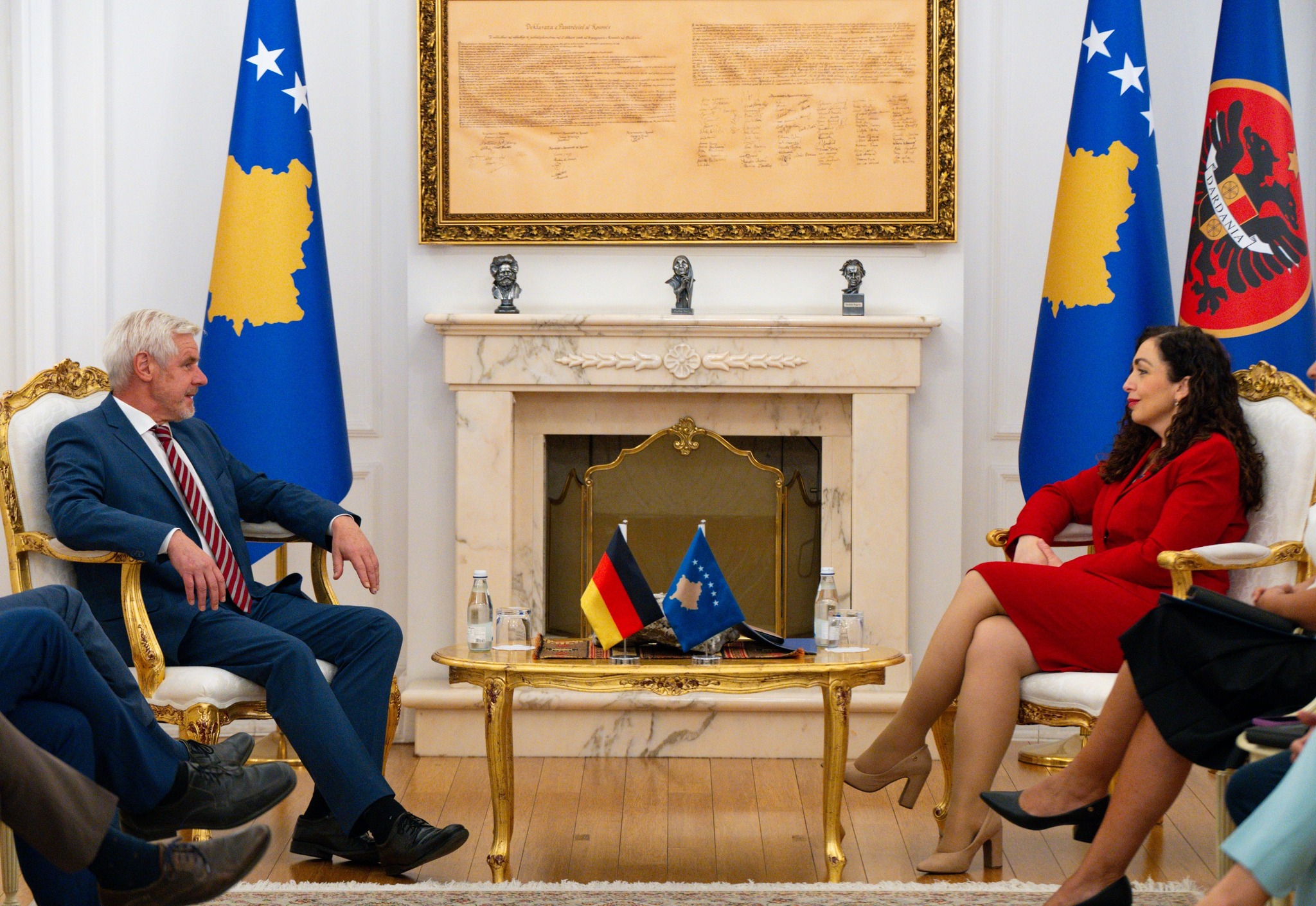Germany urges implementation of Kosovo Constitutional Court decision on constitutive session

Michael Reiffenstuel, Germany’s Director for the Western Balkans at the Federal Foreign Office, has called on Kosovo’s political actors to respect and implement the Constitutional Court’s decision on the constitutive session. He spent two days in Pristina meeting party leaders, opposition figures, and civil society.
Why is this important: Berlin’s message seeks to end the deadlock and move institutions forward. The Constitutional Court decision frames a time-bound path for forming the Assembly. Delays risk deepening the political blockade.
Context: German Ambassador Jörn Rohde said Reiffenstuel delivered a clear message to all sides, stressing the need for full respect and implementation of the Court’s recent decision to end the blockade. The Court has announced its new judgment on the constitutive session but has not yet published the full text in the Official Gazette; the ruling enters into force upon publication and provides a 30-day window to constitute the Assembly through an open vote.
Asked whether Vetëvendosje will comply, the caretaker prime minister offered a brief reply to reporters after the ceremony marking the 26th anniversary of Kosovo Customs and the graduation of new customs officers: “We must wait for the full judgment.” He did not take further questions.
According to the Court’s notice, deputies must elect the new Speaker by open vote within 30 days; the same candidate may be voted only up to three times, and all deputies must participate in the vote.
The decision has been criticized by the winner of the February elections, Lëvizja Vetëvendosje, whose senior figures publicly accused the Court of politicization and sought to discredit the judges and the ruling. Other parties welcomed the decision and urged swift compliance.
The stalemate has stretched for months. From 15 April to 26 July, deputies held 54 continuations of the constitutive session without success. Beginning 1 May, the session chair Avni Dehari altered the agenda—avoiding an open vote and proposing a commission to supervise a secret ballot for the Speaker. PDK, LDK, AAK and Lista Serbe opposed the move and refused to nominate members to that commission.
What else: Germany has long been one of the strongest supporters of the Kurti government, but seems to have become steadily more critical in recent months.
What’s next: Once the judgment is published in the Official Gazette, the 30-day clock will start. Party leaders face a narrow window to convene the constitutive session, hold an open vote for Assembly leadership, and end the stalemate. International partners will watch for steps that reflect both the letter and spirit of the Court’s decision.


